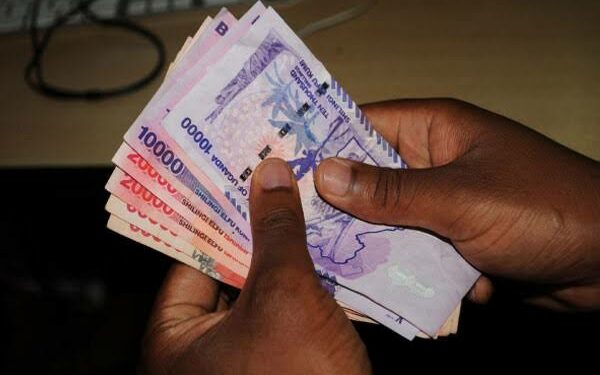In a daring high-stakes move, the Bank of Uganda (BoU) has chosen to keep the Central Bank Rate (CBR) at an audacious 9.5 percent, defying the plummeting inflation rates witnessed in September.
This decision, which was taken on October 5th, by the bank’s Monetary Policy Committee(MPC) wields the CBR as a mighty scepter, governing the realm of commercial bank interest rates and commanding the tides of inflation that wash over the economy.
The annual headline inflation rate, once a roaring 3.5 percent in August, has now shrunk to a meager 2.7 percent, while the core inflation, a firebrand stripped of food and energy, has plummeted from 3.3 to a jaw-dropping 2.4 percent—a record low in 22 months.
BOU’s Acting Governor, the indomitable Michael Atingi-Ego, in a statement acknowledges the reins of inflation have been tamed, but warns of lurking perils. He says a potential slump in agricultural output threatens to catapult food prices to stratospheric heights and that interest rates loom, ready to scale vertiginous peaks, while the global commodity market shivers in anticipation of soaring prices.
Yet, Atingi-Ego asserts that this low inflation stems from a parched public purse, a drought that scorches the economy. The downward spiral of inflation is forecasted to persist, a symphony orchestrated by lower imported inflation, a chorus of diminished food prices, and a lullaby of feeble public demand.
He additionally assures Ugandans that the economy will grow stronger in the coming months due to an exciting recovery of the country’s crucial sectors like the industry sector.
“Economic growth is projected to remain strong in the coming months due to continued recovery in the services and industry sectors. Economic activity will be boosted by investment in the extractive industries financed by foreign direct investment (FDI)and higher export earnings. Economic growth is projected around 6 % in FY2023/24 and in the range of 6% to 7% in the medium term,” said Atingi Ego, in a statement.
He also noted that this growth is likely to be imperilled by slower global growth posing a risk to economic growth, a resurgance of supply chain distortions due to geopolitical factors, tighter fiscal policy in part due to unfavourable global financial markets and stronger moderation of household expenditure.
As crystal balls gaze into the future, the specter of a bountiful agricultural harvest dances on the horizon, as do visions of import prices plunging ever lower. However, the pendulum could swing; a depreciating foreign exchange rate, geopolitical tempests swirling over Europe, and titanic shifts in oil production could jolt inflation from its slumber.
For now, Atingi-Ego unveils a plan to keep inflation in check, paving the way for the Monetary Policy Committee to continue its gentle easing of policy rates.
The economic tapestry, woven by the Uganda Bureau of Statistics, paints a steady picture, with the second quarter of 2023 boasting a 5.2 percent growth in real GDP. This surge, predominantly fueled by the industry and services sectors, sets the stage for further expansion, stoked by investments in the untamed wilderness of oil, gas, and mining.
A daring move by the World Bank, threatening to slam the door on future loans, is met with a steely resolve by Uganda’s Deputy Governor. He dismisses the immediate fallout, assuring that the affected loans for this year amount to a mere $36 million (approximately 135 billion shillings).
Those already approved will flow through strict oversight, while negotiations with the Ministry of Finance, Planning, and Economic Development continue to bridge the gap.
In this high-stakes economic arena, Uganda stands poised on a precipice, where every move has the power to shift the tides and shape the nation’s destiny.
Do you have a story in your community or an opinion to share with us: Email us at editorial@watchdoguganda.com













